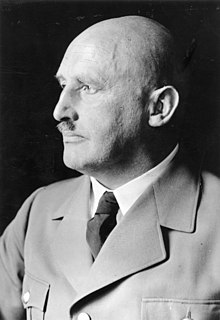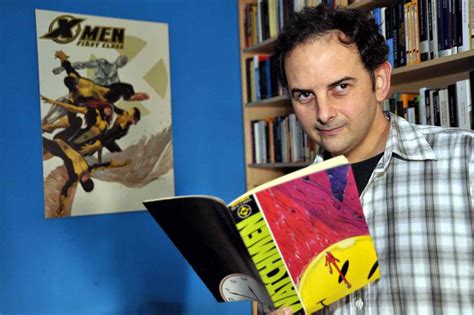A Quote by Akhil Sharma
I had written a book. For various reasons, the publishing industry had decided that my book was going to be 'important.' The novel had taken me 12-and-a-half years to write, and after being with the book for so long, I had no real perspective on the merits or demerits of what I had written. I hoped it was good, but feared that it wasn't.
Related Quotes
I told myself that if I hoped to write a book that helped people to take a good look at some of the names that have been written on their nametags, I would need to do the same. I had to write Hello, My Name Is from a place of authenticity, even vulnerability, being willing to let God show me areas of my life that have been incorrectly shaped by false identities I've allowed to hang around for too long. I truly felt like, 'if this book is helping me, then it's going to help someone else.'
Before I wrote The Power of Now, I had a vision that I had already written the book and that it was affecting the world. I had a sense there was already a book somehow in existence. I drew a circle on a piece of paper and it said "book." Then I wrote something about the effect the book had on the world, how it influenced my life and other people's lives, and how it came to be translated into many languages affecting hundreds of thousands of people.
I've written one book-length piece of journalism. The Art of Political Murder: Who Killed Bishop Gerardi? That book had an impact. Eight years after it was published it's still having an impact in Guatemala. I remember when I wrote it, a surprising number of people said things to me like, "That is such an amazing story; why didn't you turn it into a novel?"
I felt that there were so many things that could go wrong, in adapting The Hunger Games , and I had this fierce desire to protect this book that she had written. At that time, I read the second book, in manuscript form, and so I saw where she was going with the series. I was able to convince Suzanne [Collins] to trust me with the books.
I'd just written the book Ocean Of Sound, and this terrible thing happened in my life: my wife committed suicide. I was a single parent because of that; I was completely shattered. I had a book that I'd just finished that had been produced through a really, really terrible period, but I had managed to finish it.
He had learned from experience that what he succeeded in putting down on paper was only ever a pale reflection of what he had imagined, and so he had come to accept that this would only be half as good as the original, half as acceptable as the flawless, unachievable novel that had acted as a guide, and which he imagined pulsating mockingly behind each book like some ghostly presence.



































